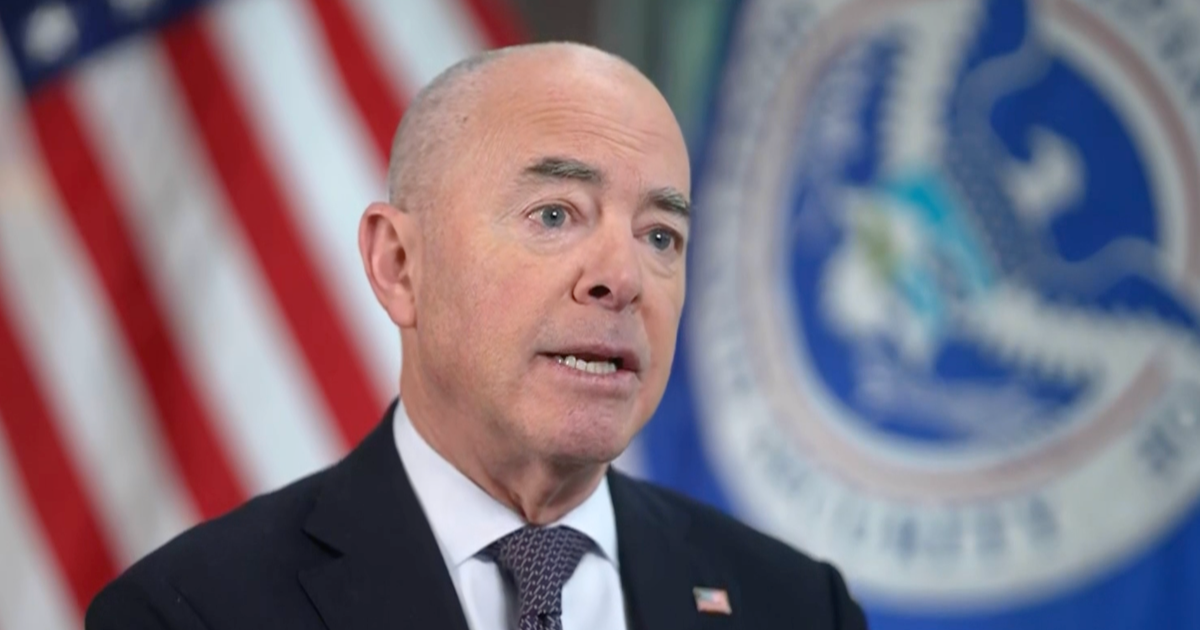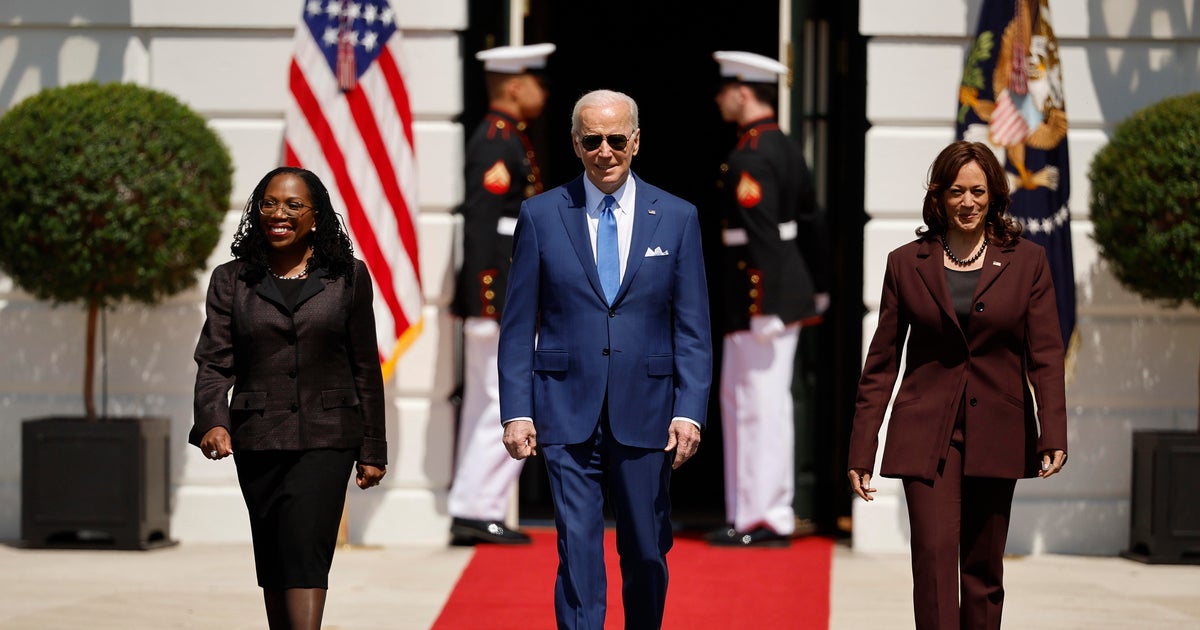Cruz says Congress shouldn't pass legislation to protect special counsel
Republican Sen. Ted Cruz said he doesn't think Congress should pass legislation to protect special counsel Robert Mueller, telling "Face the Nation" on Sunday an earlier bill to shield Mueller from removal was "unconstitutional."
Some of Cruz' Republican colleagues are pushing legislation to protect Mueller and his investigation after President Trump ousted former Attorney General Jeff Sessions and replaced him with Matt Whitaker as acting attorney general. Republican Sen. Jeff Flake of Arizona has introduced legislation along with Democratic Sen. Chris Coons of Connecticut to keep the president from firing Mueller.
Asked by moderator Margaret Brennan whether there should be legislation to protect the special counsel, Cruz responded, "No, I don't believe there should."
"We had a bill come through the Judiciary Committee that tried to make it impossible for a special counsel to be removed. I believe that legislation was unconstitutional, that it was inconsistent with Article II of the Constitution," Cruz added.
Senate Majority Leader Mitch McConnell has describes Flake's legislation to shield Mueller as unnecessary.
Mr. Trump berated a reporter last week on the White House South Lawn for asking whether Mr. Trump will ask Whitaker to rein in the Mueller investigation.
"What a stupid question," the president told CNN's Abby Phillips.
But Cruz demurred on whether ending birthright citizenship through executive order would be unconstitutional. Mr. Trump has threatened to sign an executive order attempting to do just that. Asked repeatedly by Brennan whether issuing such an order and bypassing Congress would defy the Constitution, Cruz stuck to other points, focusing on the president's decision to send troops to secure the border and proclamation limiting asylum claims signed on Friday.
"Well, Margaret, as I said on the executive order on immigration I have not studied that or yet, it just came out this week," Cruz said. "You know, I have to admit I was kind of busy we had an election a couple of days ago. And so I have not yet reviewed the executive order, and I try on legal decisions, my career has been being a constitutional litigator, so I don't reach constitutional opinions lightly."
"If the order defies the laws of Congress then, yes it's unconstitutional. If the order constrains and directs how the executive will implement the law then it's not," Cruz continued. "Now my understanding is this executive order does things directing resources to the border. Those resources are clearly within the purview of an executive order for the president."




